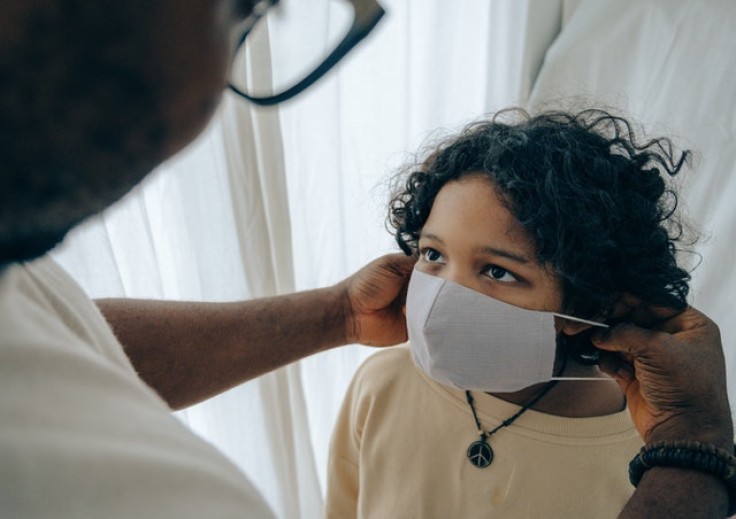
Though the COVID-19 vaccine for kids is now on its way, some parents oppose its use, and here are the reasons why.
More than a quarter of American parents do not want to vaccinate their children against COVID-19, and about the same number reject school-mandated coronavirus shots, study shows.
According to the researchers, this COVID-19 vaccine for kids opposition was more common among mothers than fathers and was particularly prevalent among white mothers who identified as Republican or Republican-leaning.
Jessica Calarco shared that women are more likely than men to obey expert medical advice for avoiding health risks because they act as family health managers within the family. She is a study co-author and Indiana University Bloomington sociology professor.
The strain women face to monitor risks on the COVID-19 vaccine could be leading them to overwhelmingly reject some recent attempts to improve public health, given the onslaught of misinformation surrounding the coronavirus.
Researchers included Calarco's Pandemic Parenting Report and a survey of nearly 2,000 U.S. parents in the research. There were 64 mothers from various political, economic, and ethnic backgrounds who took part in the study.
The preliminary results were published on the preprint server SocArXiv without being peer-reviewed.
In total, 34% of mothers said they would not vaccinate their children against COVID-19. The percentage of white mothers who identified as Republican or Republican-leaning was higher by 47 percent. Just 17% of fathers, on the other hand, said they do not intend to vaccinate their children, according to the findings.
Overall, 33 percent of mothers reject school-mandated coronavirus vaccines, including 54 percent of white Republican and Republican-leaning mothers, according to the study. In contrast, one out of every five fathers is a single parent.
Results and reasons of COVID-19 vaccine opposition
Calarco expressed surprise at the gender gap, believing that women are more likely to seek medical experts' advice.
"We want people in the United States to take responsibility for their own wellbeing by avoiding health risks. Mothers, in particular, are under a lot of pressure to keep risks to their families' health under control, "she said.
Calarco expressed surprise at the gender gap COVID-19 vaccine opposition, believing that women are more likely to seek medical experts' advice.
Because of widespread confusion, many mothers believe they can monitor the risks of COVID-19, including by wearing masks, but not the dangers of vaccines. As a result, rather than relying on the vaccine, they intend to minimize their children's exposure to the virus Calarco continued.
Parents without a college diploma were also substantially more likely than others to refuse school-mandated immunizations. In general, black parents are more likely than white parents to reject school-mandated vaccinations.
According to the study, parents who had COVID-19 were slightly more likely than others to reject school-mandated shots and mask mandates.
Though mothers were more likely than fathers to oppose mandatory school shots, they were less likely to oppose mandatory school masks. Approximately 70% of parents say their youngest school-aged child wears a mask the entire time they are out in public, and 47% say the same for their youngest preschooler.
According to Calarco, these results have significant consequences for the virus's effectiveness, including school-based public health programs.
"Changing the current culture of pressure and blame on mothers to a culture of community support is one way we can help turn this around," Calarco said. "Vaccines are all about treating children's health and wellbeing as a collective responsibility, not an individual one."